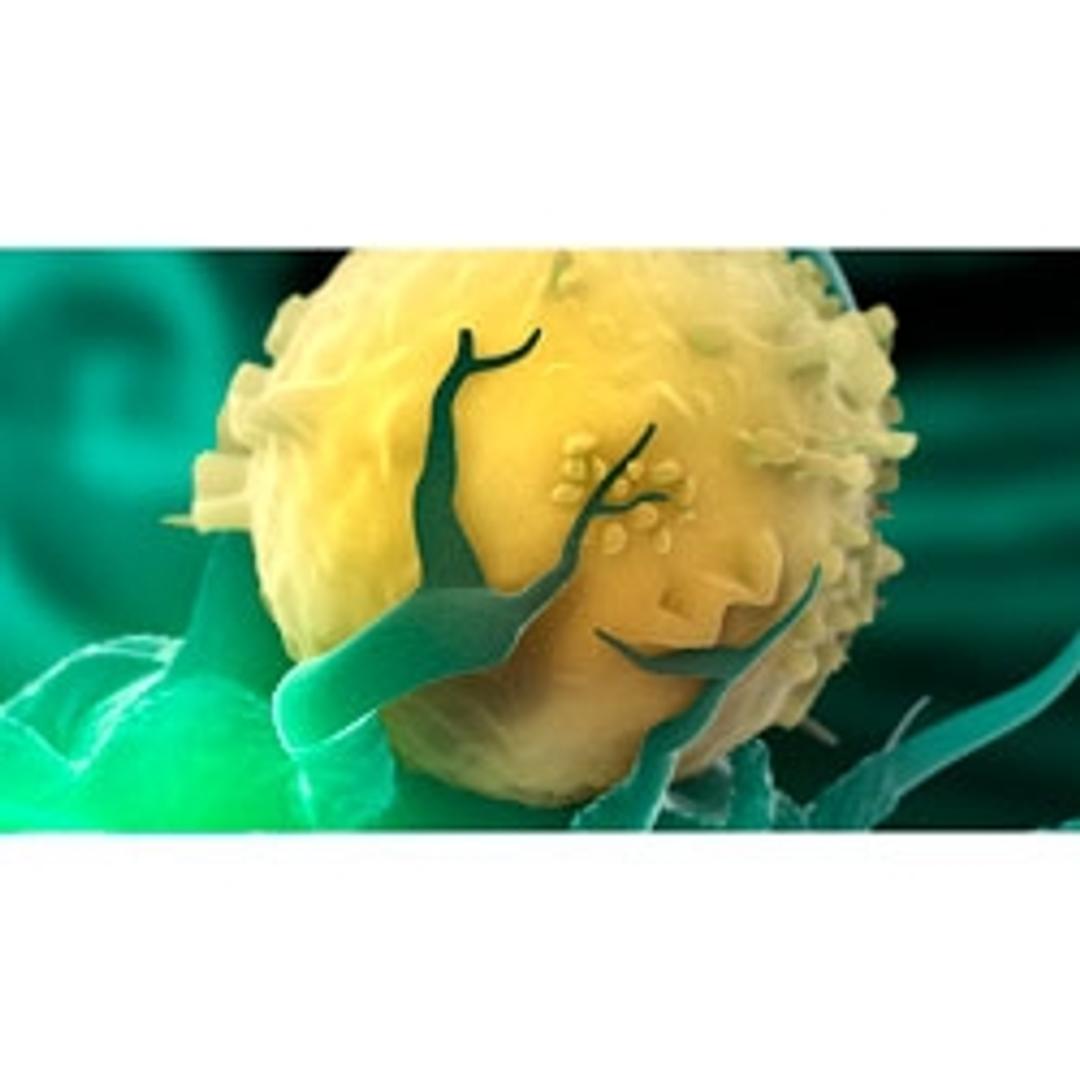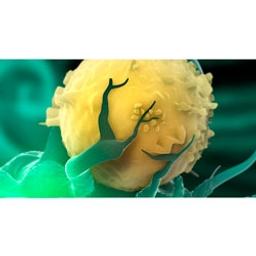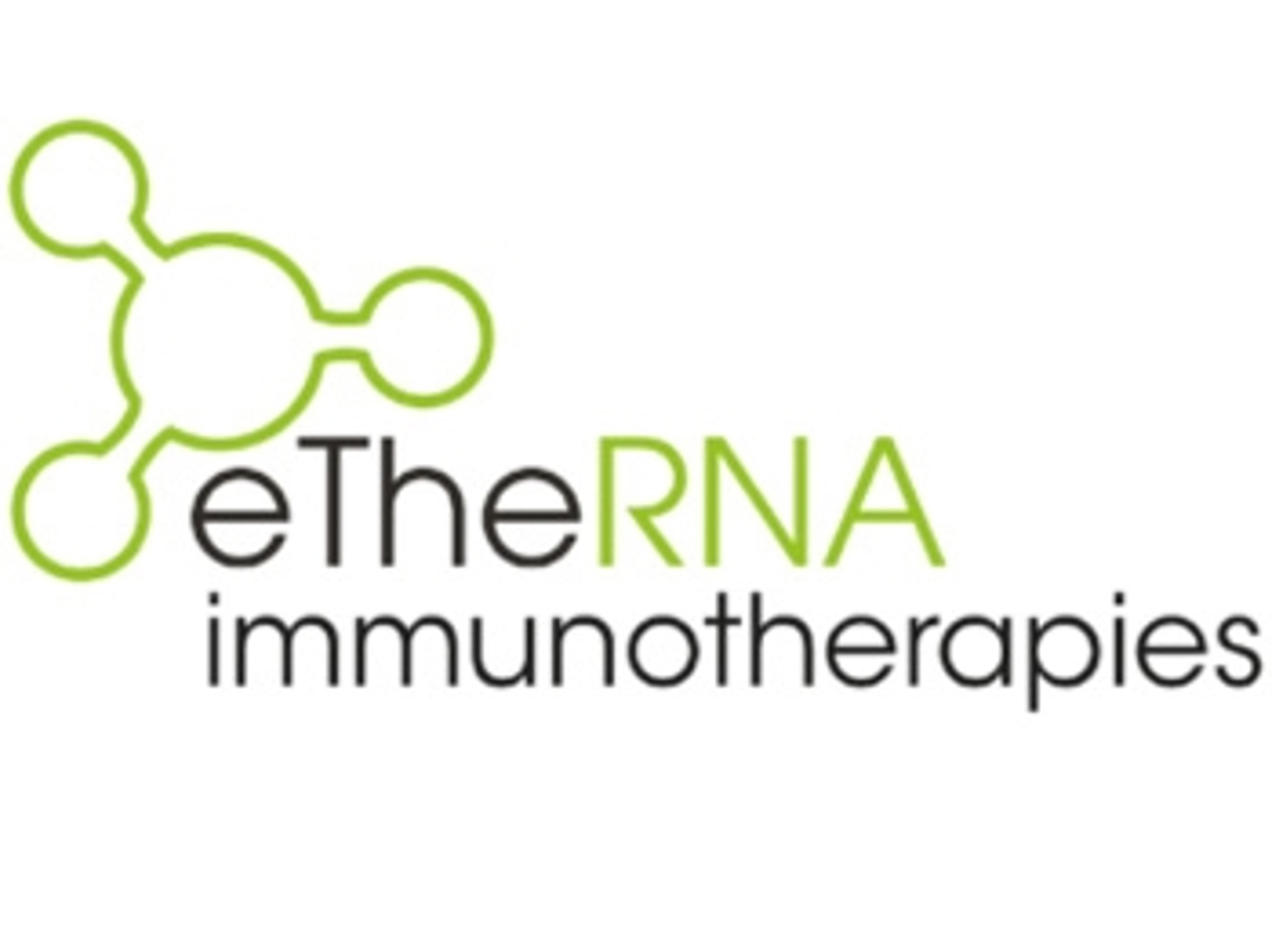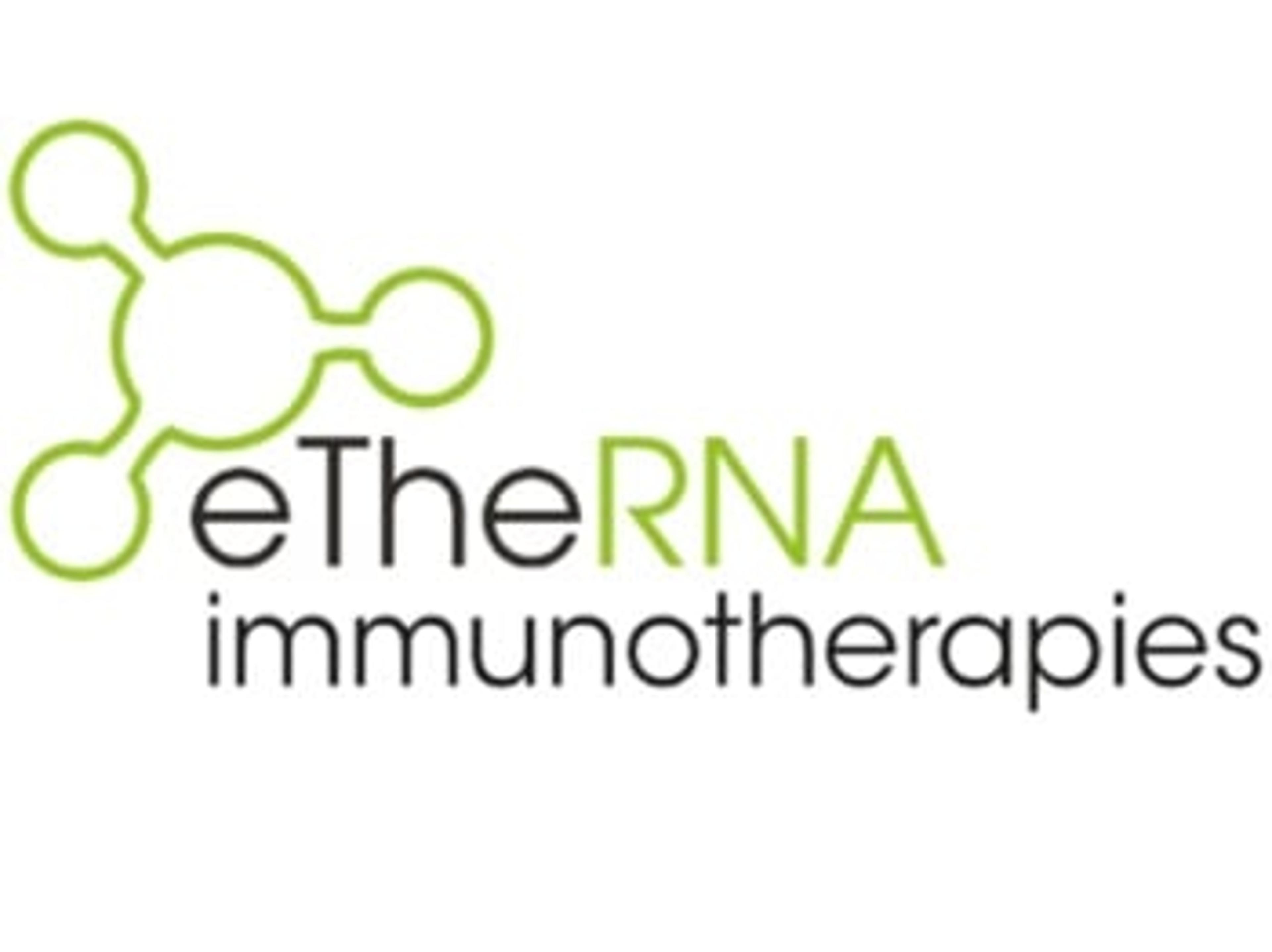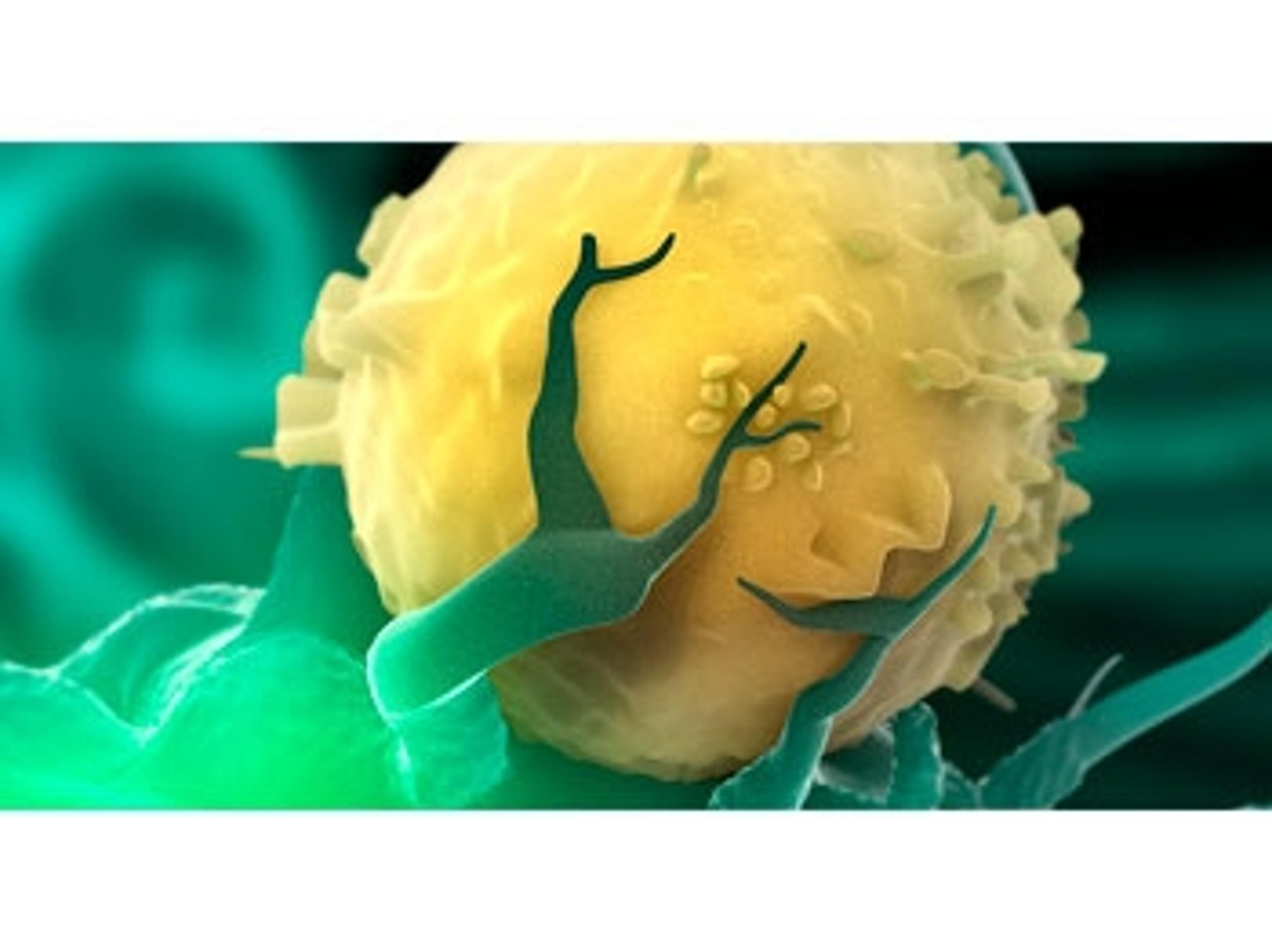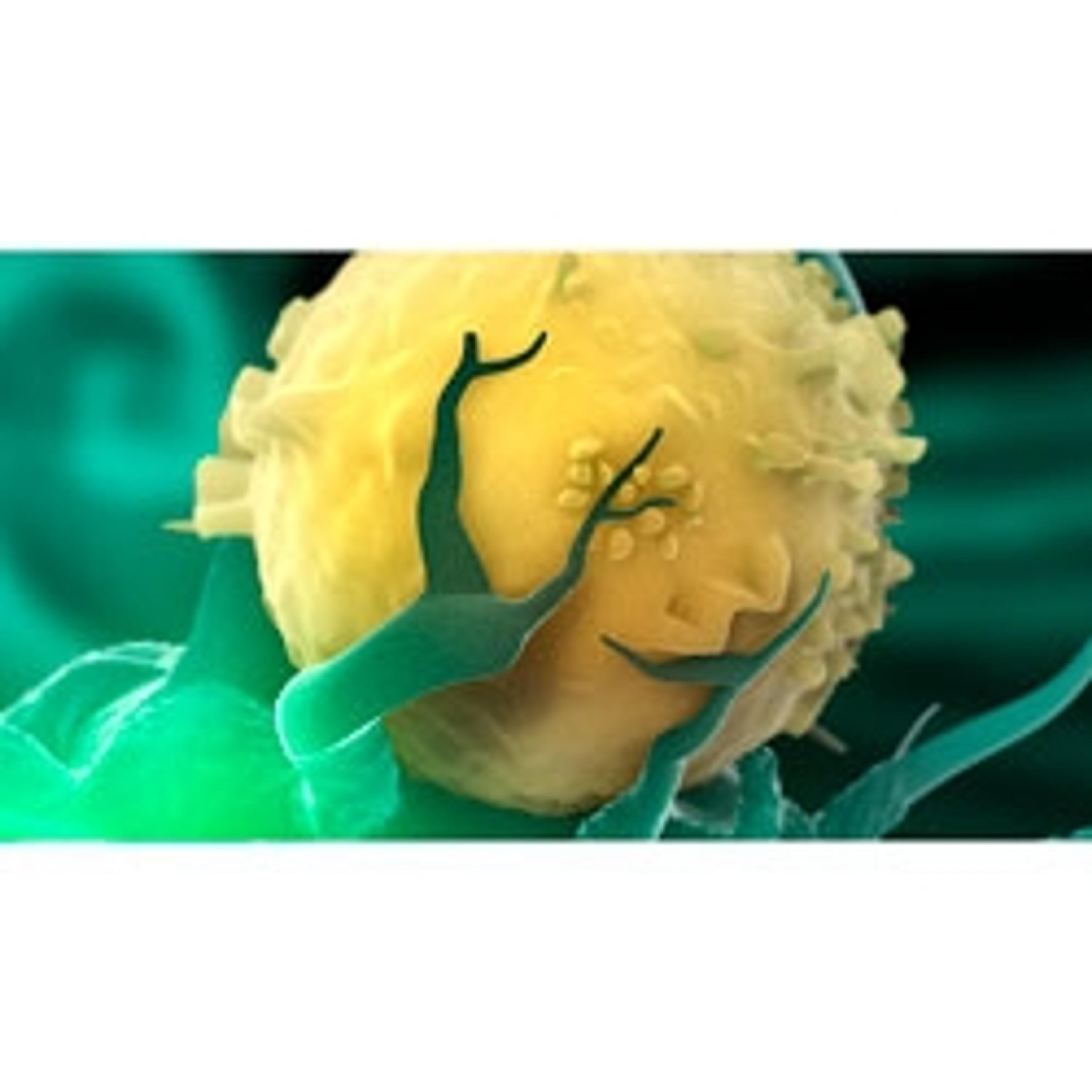The TriMix Technology
Boosting immune response through the dendritic cell pathway in a targeted, safer and sustainable way eTheRNA’s TriMix contains three naked mRNA molecules: caTLR4 (that activates the immune system as it evokes dendritic cells to present antigens to the CD4/CD8 T-cells), CD40L (that induces the dendritic cells to initiate the antigen-specific action of the CD4 T-cells), and CD70 (that induces the dendritic cells to…
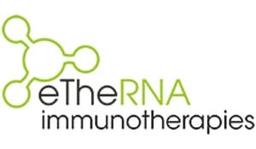
The supplier does not provide quotations for this product through SelectScience. You can search for similar products in our Product Directory.
Boosting immune response through the dendritic cell pathway in a targeted, safer and sustainable way
eTheRNA’s TriMix contains three naked mRNA molecules:
- caTLR4 (that activates the immune system as it evokes dendritic cells to present antigens to the CD4/CD8 T-cells),
- CD40L (that induces the dendritic cells to initiate the antigen-specific action of the CD4 T-cells), and
- CD70 (that induces the dendritic cells to initiate the immune system of the CD8 T-cells).
TriMix is unique in the way it uses these three mRNA molecules to circumvent some of the main obstacles faced by other immunotherapy concepts when attempting to induce the proliferation of T-cells into either mature helper T-cells or cytotoxic T-cells (i.e. the ultimate 'soldiers' of the immune system that fight cancer cells and infectious agents):
- The first attempts used specific antigens (unique molecules of the cancer cell or infectious agent) to induce an immune response. Many mediators for presenting the antigens are investigated: cancer cells, part of cells, DNA or proteins/peptides. To date, none of them yielded satisfactory results in the induction of an immune response that is sufficiently strong for resulting in a clinical response — not even when combined with adjuvants. Moreover, the safety aspects of some of these approaches (inclusion of genetic materials) remains an open question.
- The attention then shifted to using the patient's own dendritic cells as key mediator to trigger an effective immune response. Dendritic cells that were simply loaded ex vivo with tumor-associated antigens did effectively induce some immune response in patients, and even some clinical response - though unfortunately not sufficiently strong.
TriMix overcomes these limitations by providing an additional triple boost:
TriMix enhances the activation and maturation of dendritic cells,
TriMix stimulates the processes that lead to activated helper T-cells, and
TriMix also promotes the processes that result in activated cytotoxic T-cells.
The mRNA constructs of the TriMix-based immunotherapy are coding for both the tumor-specific antigens as well as for three unique and crucial proteins that jointly stimulate the patient’s dendritic cells to produce a more potent and larger population of cytotoxic and helper T-cells.
In preclinical and phase I/IIa studies in advanced melanoma, the TriMix cellular product - stand-alone or combined with a checkpoint inhibitor - demonstrated a unique capability for enhancing dendritic cells to elicit a powerful immune response, a promising clinical response and an increased disease-free survival rate. Thanks to the very good tolerability profile of this product, combination with other cancer drugs is a possibility.

